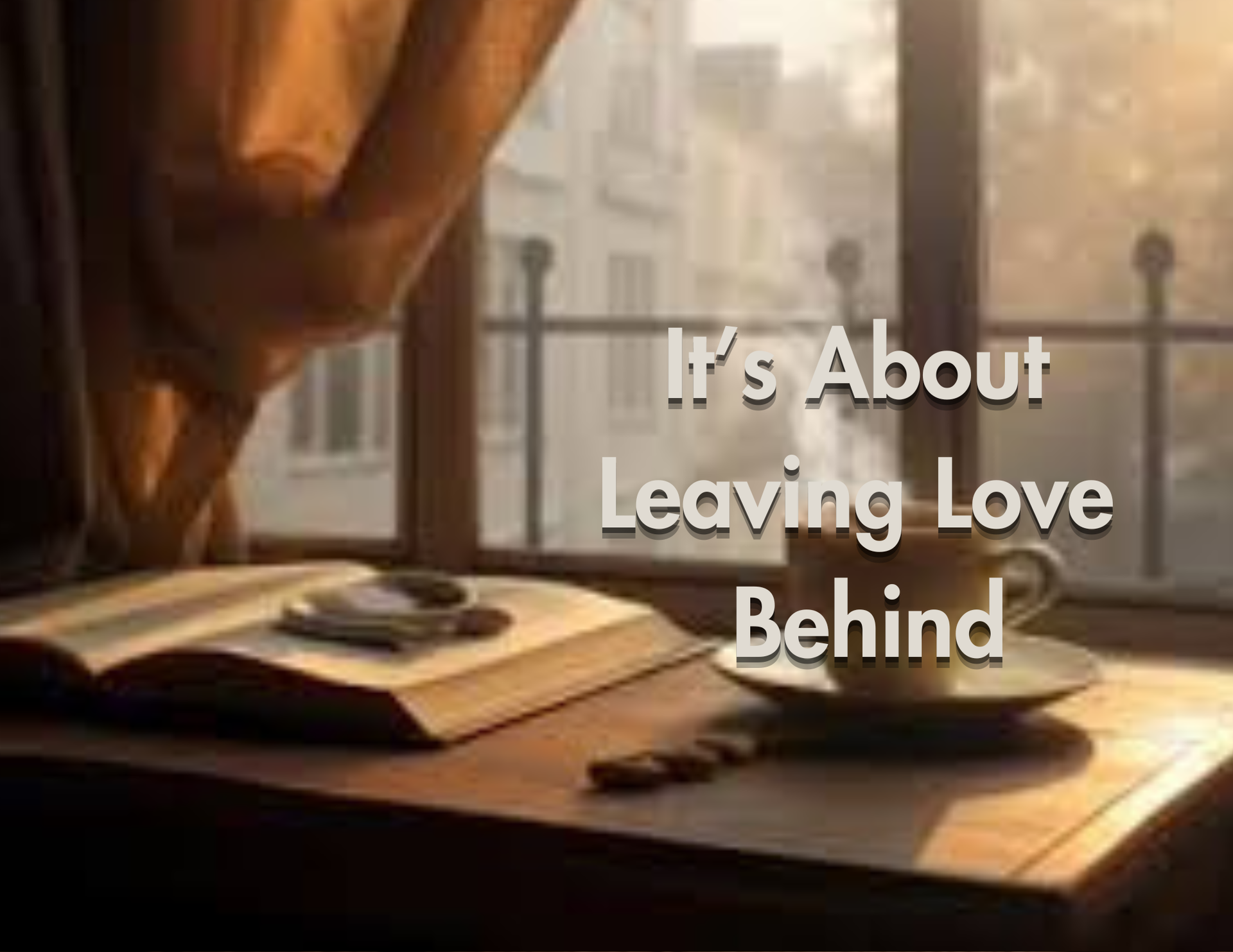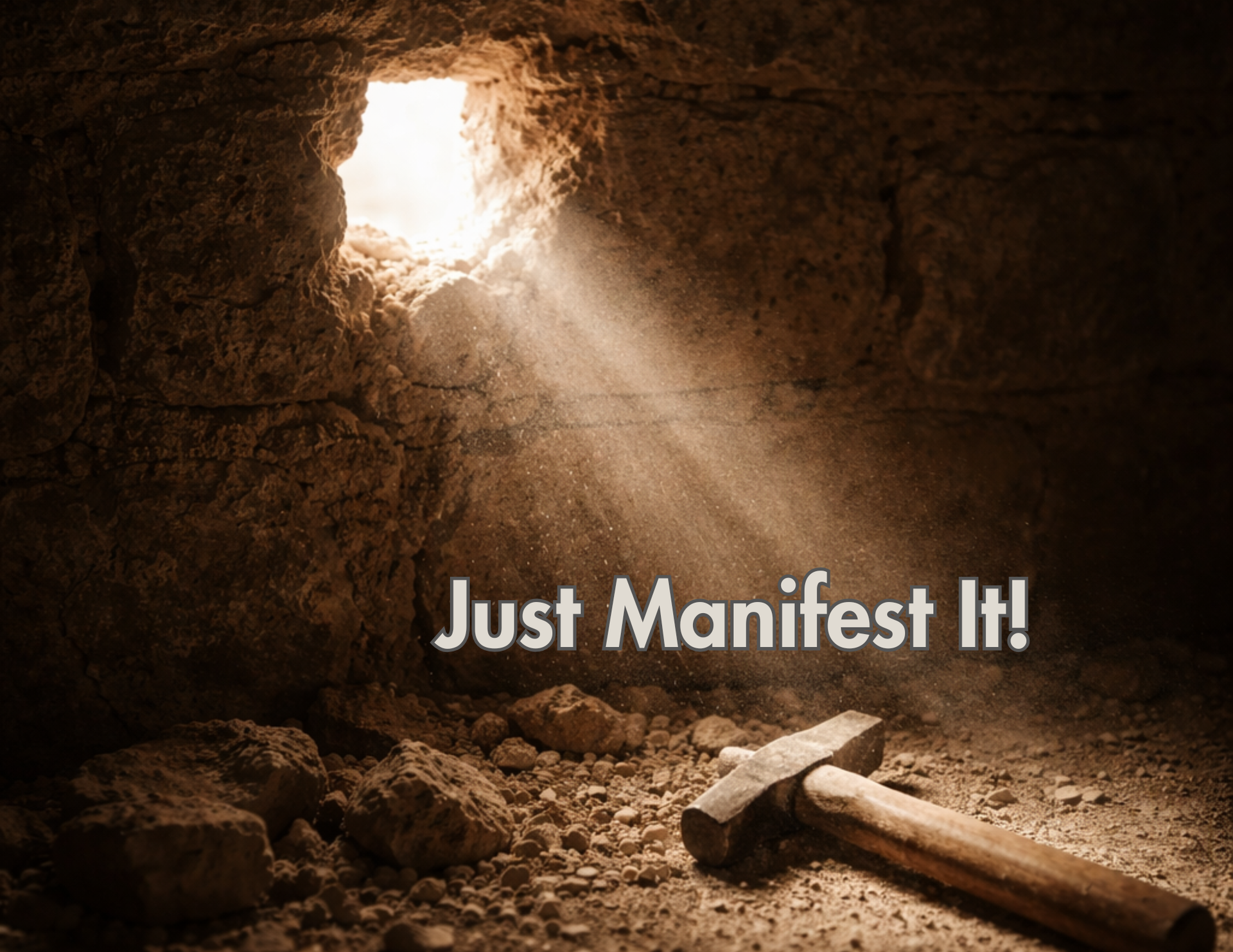The Things You Don’t See
Sjögren's Disease is an autoimmune disease that quietly disrupts the body’s ability to produce moisture - leaving eyes painfully dry, mouths uncomfortably parched, and joints stiff and sore. But it doesn’t stop there. Fatigue, a deep, dragging fatigue, becomes a daily companion. Brain fog moves in like a heavy mist.
Muscles ache. Moods shift. And all the while, you still look fine.
I have Sjögren’s. I was diagnosed just over two years ago, but looking back, I’ve been struggling with it far longer. I could never figure out why my mouth would go bone dry when I rode, ran, or preached. Or why my eyes were always red and irritated. And these days, it’s not just the dry mouth or eyes; the disease has changed so many aspects of my life.
Take cycling, for example. It used to be my happy place - - my prayer-on-wheels. Now I have to give myself a full TED Talk just to get on the bike. Riding 20 miles feels like a cross-country trek. I’ve dreamed of running another half-marathon, but honestly? The thought alone exhausts me. Even typing that feels like remembering someone else’s life.
And yes - - others have it worse. People face far more painful, devastating diseases.
But still...
It’s a quiet toll - - always running in the background. Not dramatic enough to draw attention, not urgent enough to explain why I’m not quite myself. But real enough to shape every single day.
And here’s where it gets frustrating: even with a diagnosis, I’m not sure my rheumatologist fully understands the impact. We talk about dry eyes and dry mouth, sure, they’re part of it, but that barely scratches the surface. There’s also the unrelenting fatigue. The joint pain. The muscle aches. The brain fog. The poor sleep. The mood swings. And this general sense that my body just doesn’t bounce back anymore. Sometimes I try to explain how much my daily life has shifted - - how much effort even the “small” things take now. And I get the nod. You know the one. The polite, clinical nod.
It’s hard to explain the grief of being diminished by something invisible.
It’s hard to describe how lonely it feels when the world thinks you’re fine.
It’s hard to keep pushing forward when your body keeps whispering, no, not tod
And it’s not just Sjögren’s that is invisible on the outside.
It’s the chronic migraines. The long-haul COVID. The autoimmune mystery that doesn’t even have a name yet. The mental illness that hides behind a practiced smile. The pain carried by people who look perfectly fine on the outside. The battles no one sees - - because on the outside, everything looks perfect.
We are surrounded by people who are quietly struggling with things we cannot see. And that makes me wonder: what if these unseen battles are Unlikely Altars, too? Could this be what an Unlikely Altar looks like?
Not a holy place we walk into. But one we carry around inside us.
The altar where we lay down perfection and pick up grace.
The altar where we learn to listen to our body instead of pushing through.
The altar where we stop trying to keep up and start learning how to be kind—to ourselves and to others.
The altar where the broken parts are still beloved.
No, I wouldn’t choose this path. But I’m beginning to trust that even here - - even in the dryness, the fatigue, the quiet grief - - there is something sacred trying to emerge.
So, here’s my quiet invitation:
Let’s give each other more grace than we think is necessary.
Let’s assume people are carrying more than they’re saying.
Let’s practice kindness—not as sentiment, but as daily practice.
You never know what invisible weight someone is bearing.
And you never know when someone might look at you and think, Thank God, someone else understands.
And maybe, just maybe, that’s enough.




